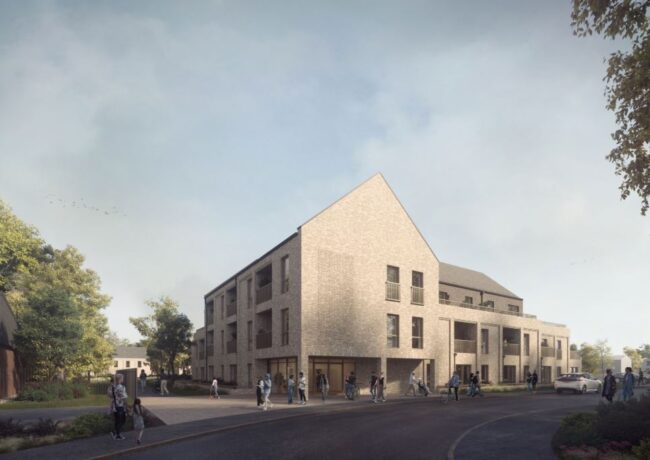H1: To CIL or not to CIL?
 That is the question that councils across the North West will have to decide over the next 12 months as the deadline for the adoption of a Community Infrastructure Levy approaches, writes Colette McCormack, partner at law firm Winckworth Sherwood.
That is the question that councils across the North West will have to decide over the next 12 months as the deadline for the adoption of a Community Infrastructure Levy approaches, writes Colette McCormack, partner at law firm Winckworth Sherwood.
So far only Trafford and Bolton councils have published their draft charging schedules and both have recently concluded consultations to assess the property industry's response. This is the first step of CIL's introduction into the region and comes on the back of the Government's own consultation into whether or not to push back the deadline for CIL's adoption by 12 months to April 2015.
Should the deadline be delayed by a year and all of the noises coming from government suggest it will be this provides a window of opportunity for the region's property sector to engage with our local authorities to ensure that whatever charge is adopted it does not stymie or stop development.
CIL is basically a tax on development that was conceived before the property crash in 2008 and there is real concern within the industry that it is the wrong tax at the wrong time. This is particularly so in the North West where we are just beginning to see confidence return to the market.
The problem for councils across the region is that if they do not adopt a CIL to deliver infrastructure, then the law will limit them from using S106 payments which is the usual route to deliver infrastructure to support new development.
The risk for local authorities without a CIL in place is they will not be able to deliver main infrastructure to support development in their areas which will then undermine delivery of their local plans.
Some may see the introduction of CIL as a new funding stream at a time when budgets are being cut but this is not how it will operate. CIL is only meant to "plug the funding gap". It will not be the panacea that some councils are hoping for. For example, the figure for delivering infrastructure in Trafford is £232.8m. CIL would only raise £41.5m towards that total.
Whilst the regulations are complex, the real issue for the industry will be to identify which councils are choosing to implement CIL and ensure that stakeholders engage with the council to ensure the evidence for any charging schedules is robust and will not prevent development from being delivered.
Councils are under a duty to ensure that they can still deliver their local plan if they introduce CIL and this will require some hard political decisions to be made. What part of their local plan should be given priority in terms of delivery – transport and schools or affordable housing? Early evidence of CIL from around the country shows that once CIL has been paid on a development there is little money left over for the delivery of key policies such as affordable housing.
This is as much a political question as it is economic. Decisions about which local plan objectives to prioritise – the creation of jobs versus new affordable housing – will need corporate "buy in" from chief executives as well as local councillors.
For developers the imposition of a development tax could not only stymie development but also make it harder for them to deliver consented development as there is no legal requirement on a local authority to commit to what or when the infrastructure that a CIL is meant to pay for will be delivered.
This will be an important point in public consultation on developments as applicants will not be able to allay local residents concerns regarding the effect of a proposed development on say education in terms of timing of delivery. This is a radical change from the current section 106 process which provides certainty in terms of costs and timing of delivery of infrastructure such as schools.
The next 12 months will be interesting for the North West as councils will have to decide whether to pursue the CIL route and commence the process, which usually takes at least 12 months from the first consultation to adoption.
Whilst many consider that this development tax should be abolished and Labour has stated that if elected it will abolish the CIL, effectively a U-turn on their own policy, it will be important for the sector to engage with the CIL process to ensure that councils do not set charging schedules that will stymie or prevent development at this time when the North West is beginning to regain some of its confidence.




